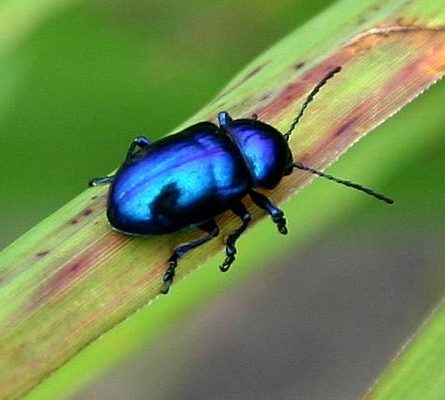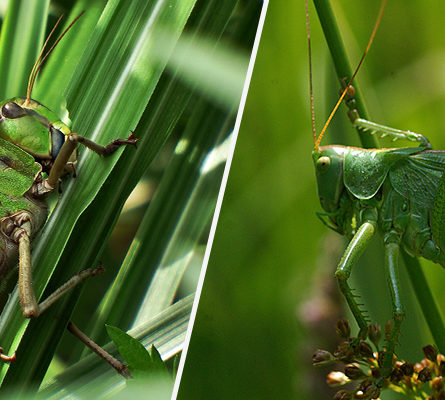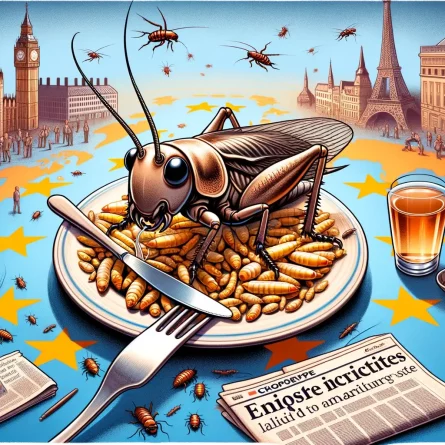Edible insects: An ancient practice
Many Europeans today don’t know that their ancestors treated themselves regularly to edible insects until the end of 17th century! In many countries, it is still a basic commodity, eaten as daily as the bread in France (and we kinda know about that 😉 )!
From an ecological point of view, beef is outclassed in almost every aspect. Producing 1kg of mealworm results in the emission of 10 to 100 times less greenhouse gas than producing 1kg of beef. Methane, 86 times more potent than CO2 in global warming and emitted by cows, is hardly produced by mealworms and even less so by crickets. Farming insects requires less land space and require much less feed than other animals. The difference in water consumption is also overwhelming: 1kg of beef needs 22000 litres of water during its production compared to just 10 litres required by crickets. Pretty impressive, isn’t it ?
Recognized nutritional interests
Edible insects are highly nutritious. For 100 grams, a medium steak offers atbout 25 grams of protein. The same quantity in grasshoppers offers 69 grams of protein. Edible insects are also very rich in unsaturated fatty acids, such as omega 3 and 6 (which help to fight against cholesterol), and minerals such as iron and calcium. Termites, for example, are 13 times richer in iron than spinach.
Strict quality control and hygiene
At present, no specific legislation exists with regards to edible insects in Europe. However, this doesn’t mean that producers are not regulated. They are obliged to follow the general agri-food legislations and the best practices of breeding established by the European Union.
Trade in edible insects for human consumption is not formally authorized in Europe but it is tolerated as long as producers comply with European hygiene and quality standards for the production and processing of foodstuffs. The case of edible insects has been studied by the European Commission and the law should be applicable from January 1st 2018. Some countries such as Belgium, Netherlands UK and Switzerland have already taken the lead in their flexible approach to the law, and you can already find all your favorite insect based products on the shelves.






Soyez le premier à laisser un commentaire